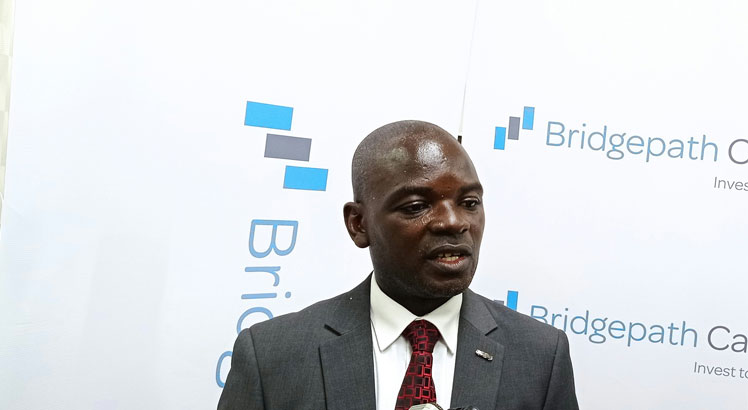RBM hopeful on debt restructuring
Reserve Bank of Malawi (RBM) says it has engaged bilateral creditors on debt restructuring agreements to help the country attain a debt sustainability status.
In a published statement yesterday, the central bank said currently, several negotiations have been held with creditors both to the government and the RBM.
According to the RBM, the negotiations have been positive and the creditors have shown willingness to assist the country to bring down its debt.
Reads the statement from the bank: “The negotiations have been very positive and the creditors have shown willingness to assist the country to reach debt sustainability. The Malawi Government remains optimistic that the discussions will conclude with acceptable terms for both the government and the creditors.”
In an interview yesterday, RBM spokesperson Mark Lungu said the debt negotiations should be understood in the context of debt restructuring and not necessarily debt cancellations.

He said: “The country is requesting the creditors for more time. If we succeed, the country can allocate the foreign exchange to other equally important needs.”
Between 2012 and 2020, the Malawi Government contracted several foreign currency-denominated facilities with different external creditors for which repayments started after June 2020, according to RBM.
The central bank said the total debt amounted to approximately $1.2 billion (about K1.29 trillion) of which $800 million (about K862.13 billion) was contracted from Afreximbank.
Of the amount, $350 million (about K377.82 billion) was contracted by the RBM on behalf of the government while $450 million (about K484.94 billion)was contracted by RBM for its own books.
Last week, RBM Governor Wilson Banda also indicated that debt restructuring agreements with creditors such as Afreximbank and Trade and Development Bank could help the country save $700 million (about K766 billion) in debt repayment during the moratorium period.
He said the agreements RBM and government are seeking from African Export and Import Bank (Afreximbank) and Trade and Development Bank (TDB), formerly PTA Bank, are moratoriums to extend loan repayment periods without further interests.
Meanwhile, Malawi has requested the International Monetary Fund (IMF) for a four-year Extended Credit Facility (ECF) to help address balance of payment challenges.
As part of efforts to qualify for the ECF, the global lender set addressing unsustainable public debt and resolving a case of alleged misreporting of foreign-exchange reserves as prerequisites for its support.
Meanwhile, the IMF Mission is expected in Malawi from September 12 to 19 to review the country’s performance under the Staff Monitored Programme with Executive Board Involvement (PMB) that was approved in November 2022.
Malawi University of Business and Applied Sciences economics lecturer Betchani Tchereni said the pending debt restructuring deals as critical to the economy.
He said it would be important that government going forward puts focus on borrowing concessionary and borrowing for productive purposes.
Borrowing by a government is deemed to be sustainable when it is below 50 percent of GDP, comprising domestic borrowing of not beyond 20 percent of the gross domestic product (GDP) and external borrowing not exceeding 30 percent of the broadest measure of economic activity.
However, Malawi’s public debt stands at K7.9 trillion representing 69.93 percent of GDP pegged at K12 trillion.
Of this stock, K4.43 trillion is domestic debt, which is 114 percent of the total budget while K3.47 trillion is external debt, an equivalent of 90 percent of the total budget.






One Comment